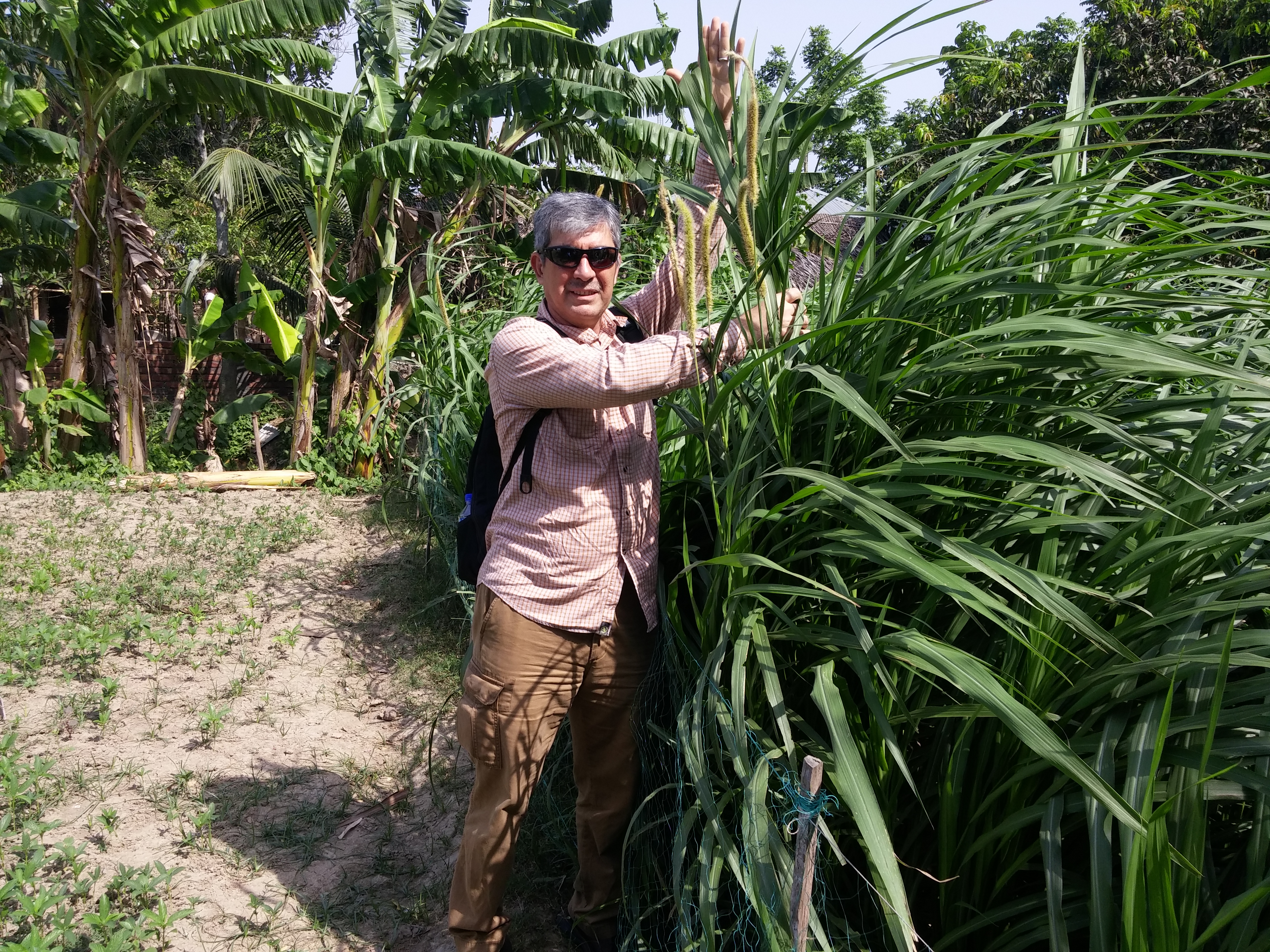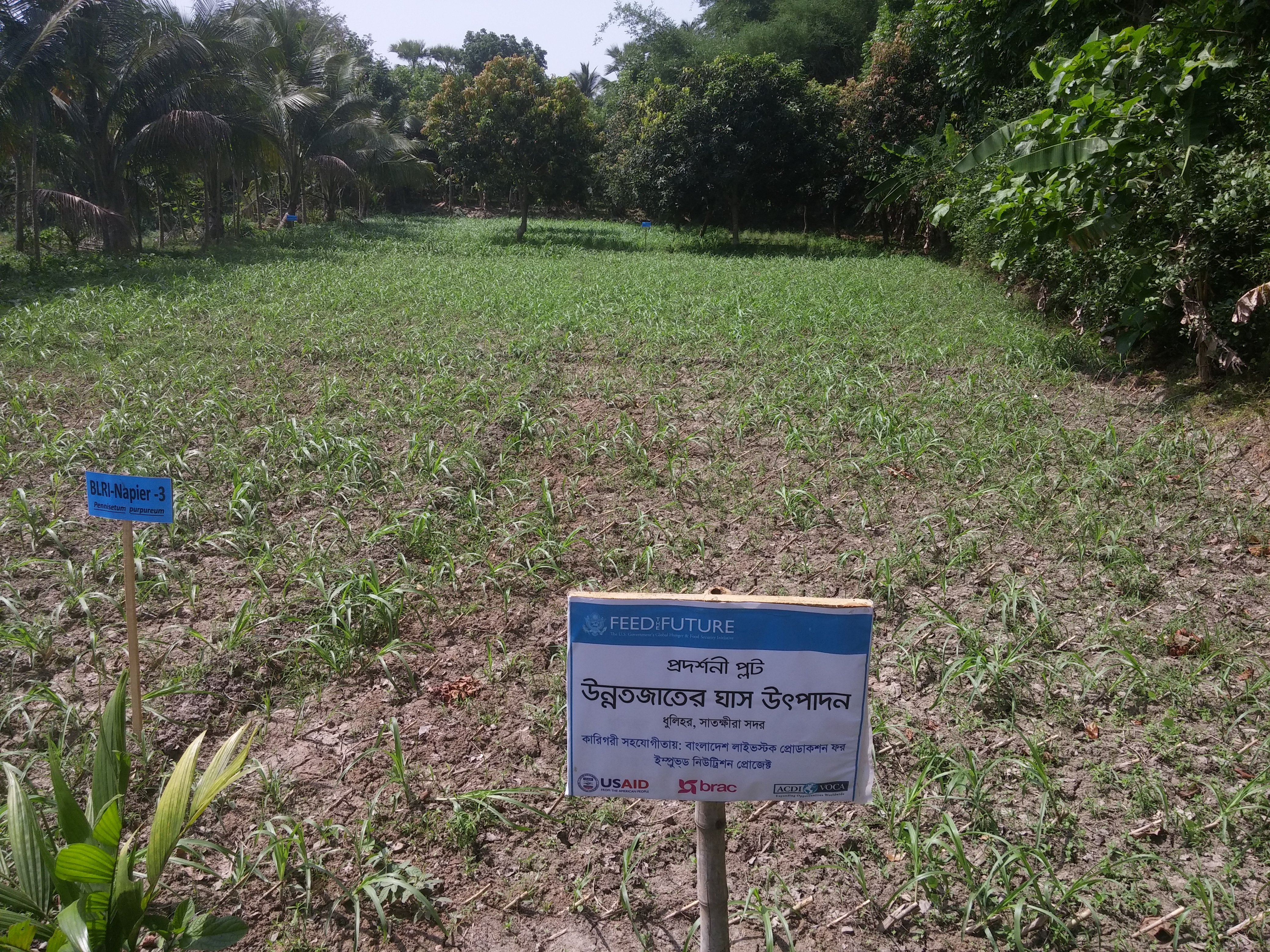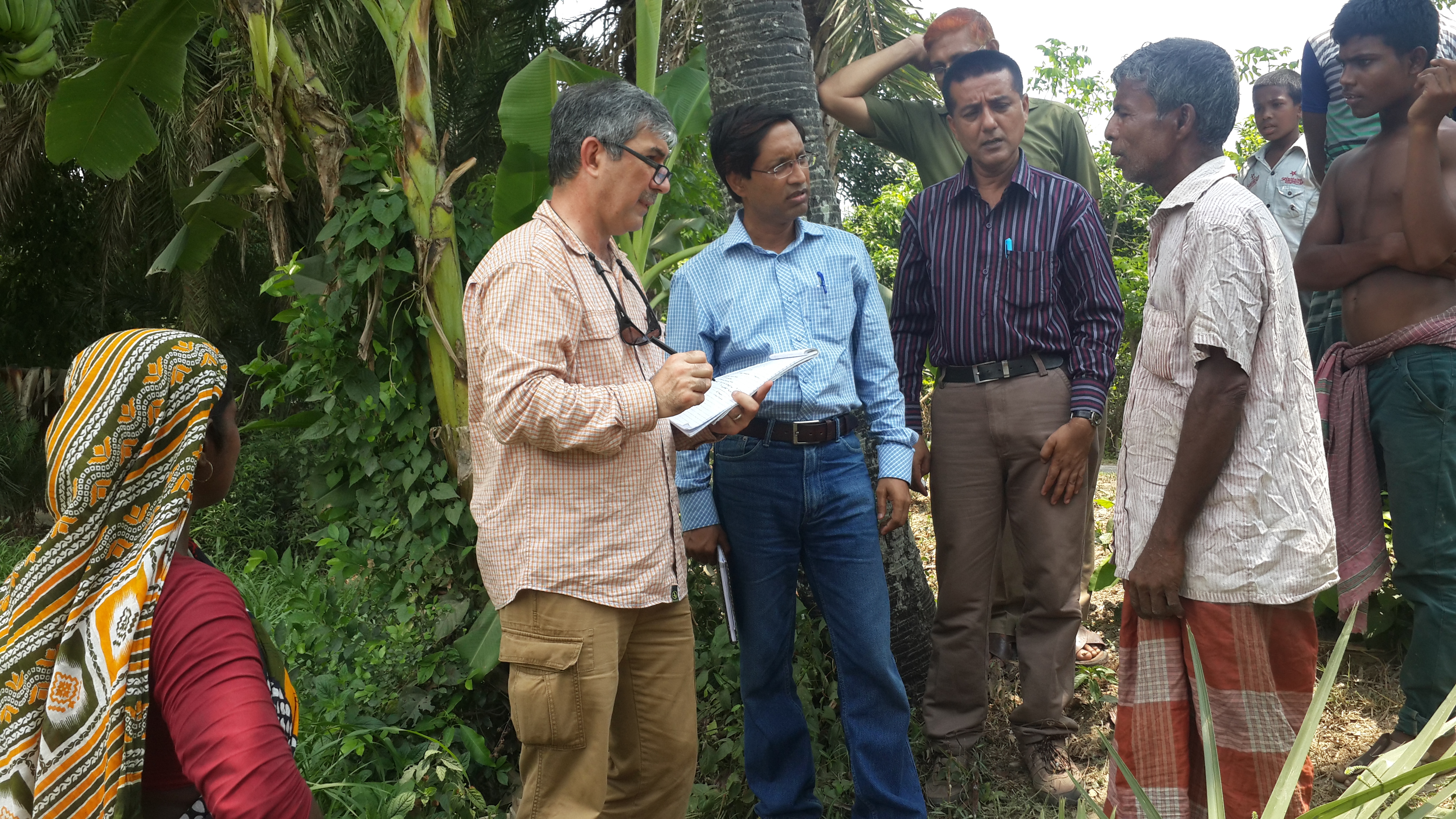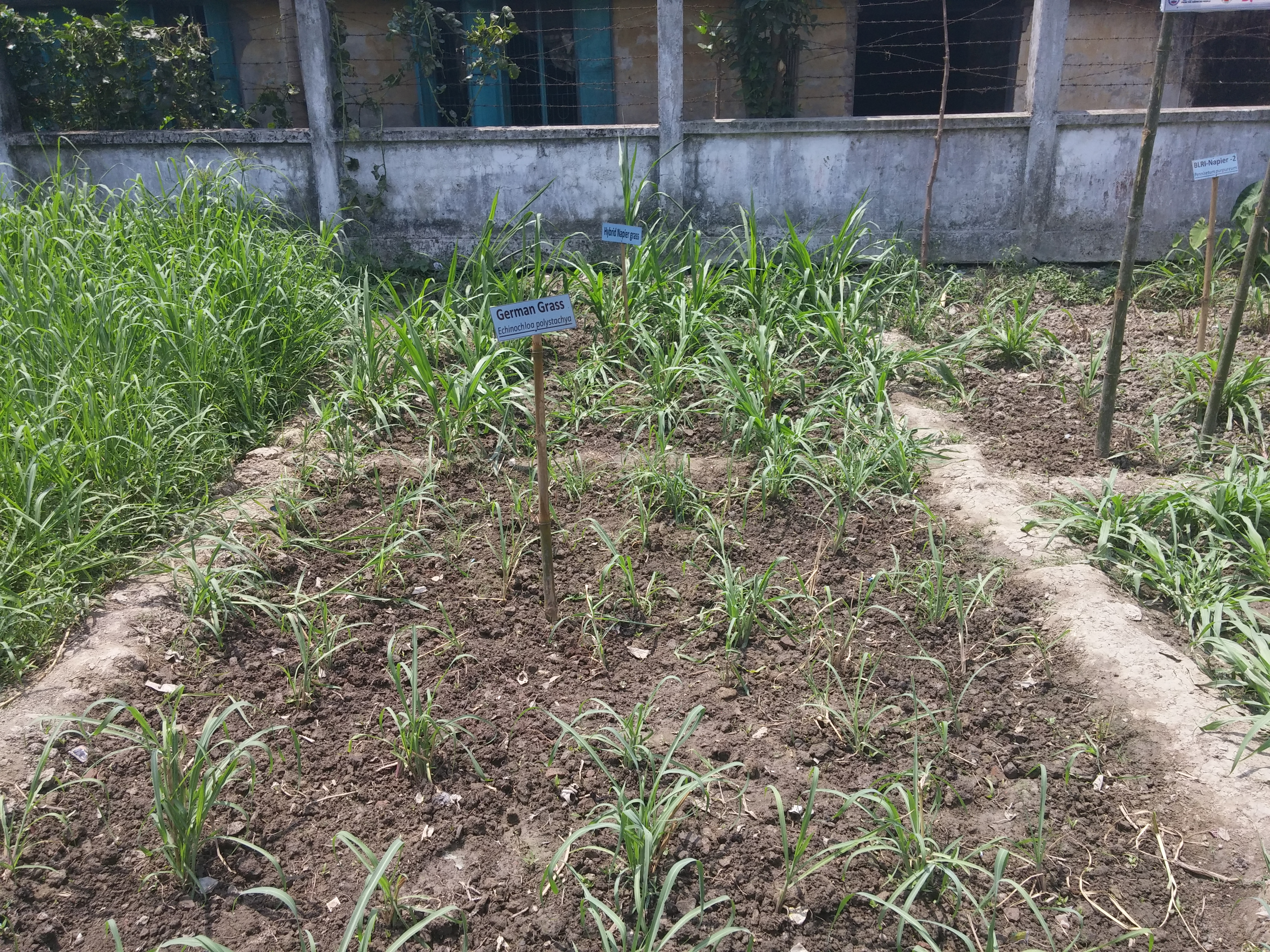About the Project
The Feed the Future Bangladesh Livestock Production for Improved Nutrition (LPIN) project was funded by USAID and lead by ACDI/VOCA, to whom the Borlaug Institute was a subawardee. The project sought to impact rural household nutrition by increasing livestock productivity; improving access of households to diverse and quality food and; improving nutrition related behaviors of households. The project team will achieve this through two nutrition behavior pathways: livestock production for household consumption and livestock production for income generation.
Feed the Future is the U.S. Government’s global hunger and food security initiative. With a focus on smallholder farmers, particularly women, Feed the Future supports partner countries in developing their agriculture sectors to spur economic growth and trade that increase incomes and reduce hunger, poverty and undernutrition. For more information, visit www.feedthefuture.gov.
Project Achievements
Over the two project years, the Institute provided short-term technical assistance and work in collaboration with the Bangladesh Livestock Research Institute to develop a Fodder Crop Field Trials Demonstration Plan as a road map for assessing the feasibility for grass, legume, and aquatic varieties. By focusing on “training the trainers,” TAMU technical advisors and BLRI colleagues reviewed existing curriculum provided by BLRI and the Department of Livestock Services, and provided training related to addressing biological limits of forage production across a salinity gradient as well as extension education methodologies for transferring appropriate forage production, storage, and feeding technologies to farmers. Several trips made by Drs. Steve Whisenant, Maad Rawandoozi, and Tim Davis have resulted in needs’ assessments, feasibility studies, and workshops focused on improving and overcoming these livestock production challenges faced by the producers of Bangladesh.






